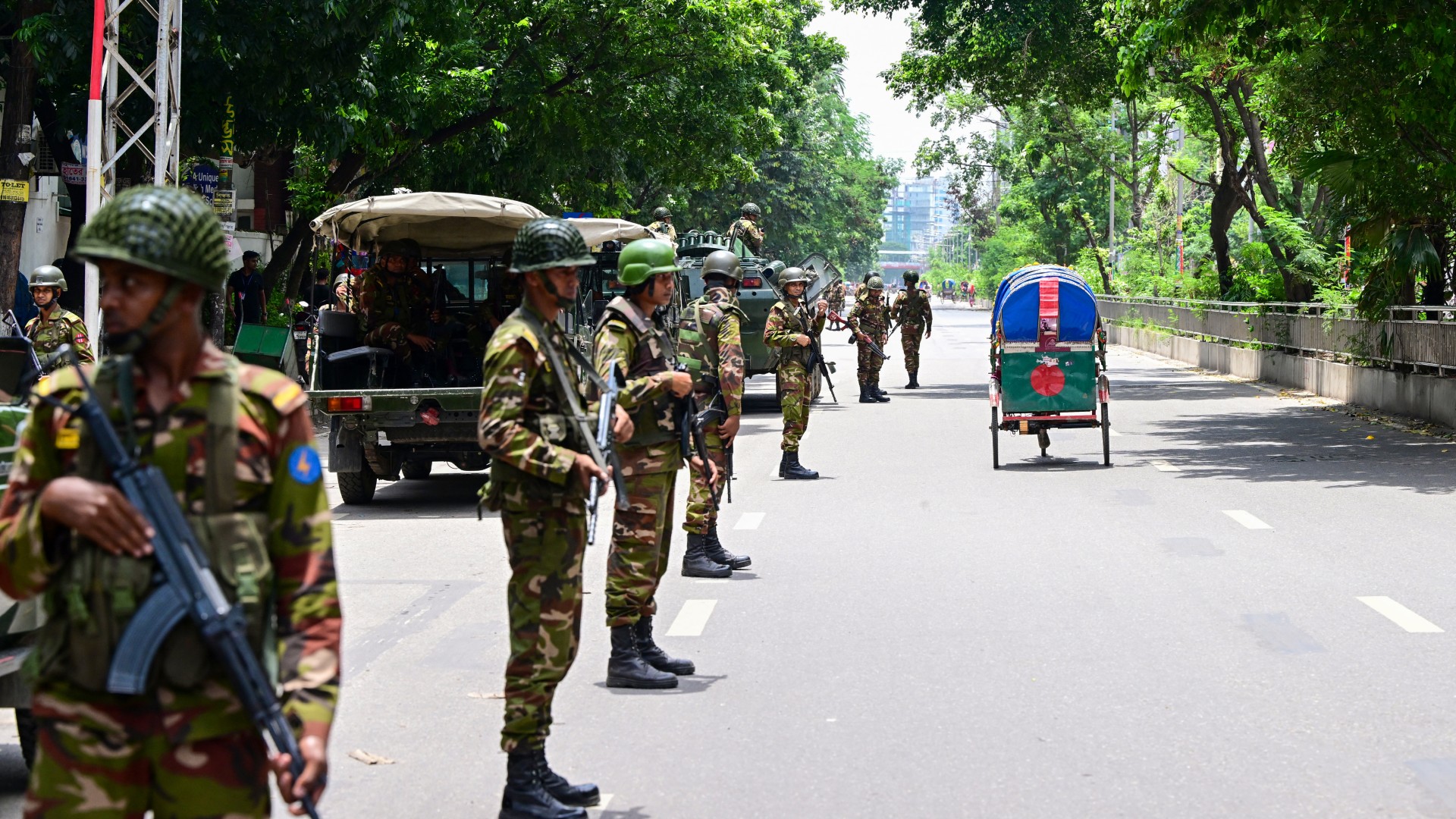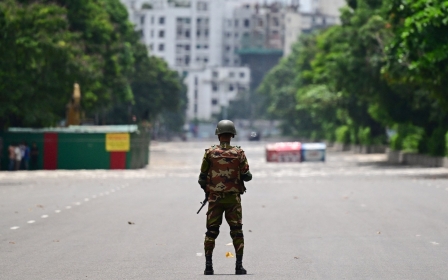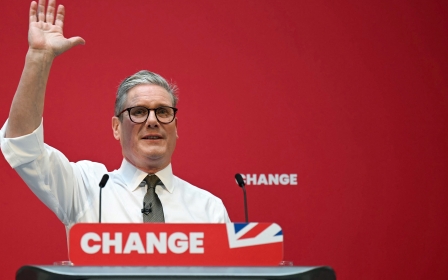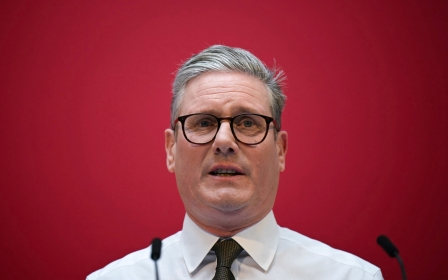Why did Bangladesh student protests spark a crisis for the Hasina government?
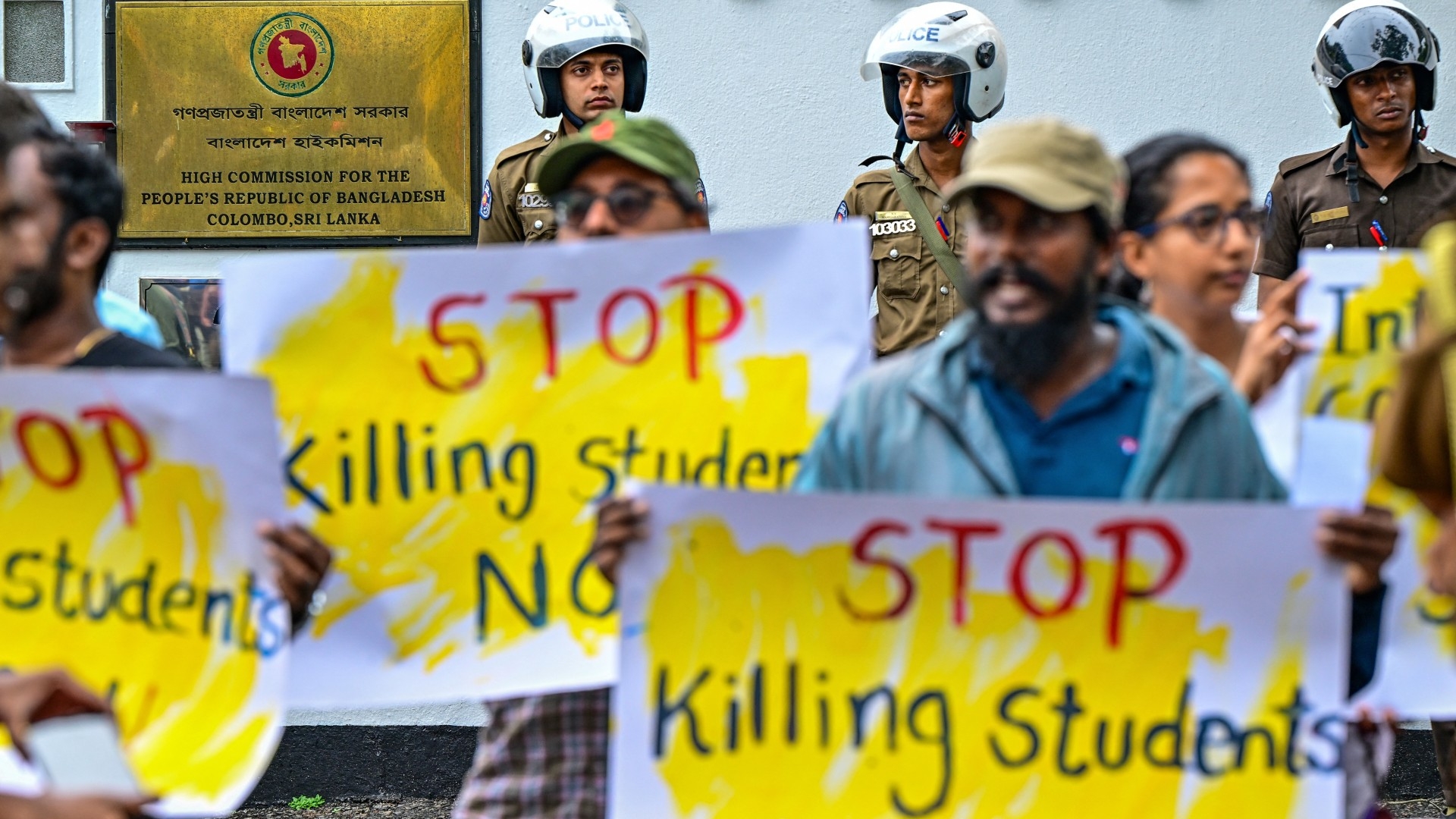
It has been five days since the Bangladeshi government imposed a military-style crackdown on students in Dhaka.
More than 180 students have been killed, scores of others injured and more than 25,000 have been arrested.
Meanwhile, the internet is still shut down and an eerie calm has engulfed the capital Dhaka after a court scaled back on an earlier decision to reinstate a quota system allocating government jobs for a select number of Bangladeshis.
But the protest movement has since moved forward with further demands including a public apology from Prime Minister Sheikh Hasina, who has defended the quota system, as well as the resignation of government ministers and university chancellors. Protesters also want the families of those who have been killed to be compensated.
The Bangladeshi government declared Monday a public holiday and only emergency services were operational, as authorities looked to clamp down and assert control over the protest movement.
New MEE newsletter: Jerusalem Dispatch
Sign up to get the latest insights and analysis on Israel-Palestine, alongside Turkey Unpacked and other MEE newsletters
Here’s everything you need to know about the protests in Bangladesh.
What prompted the student protests?
For several weeks, students in Bangladesh have been protesting against a quota system that mandated 30 percent of all government jobs go to families of those who fought for the country's independence from Pakistan in 1971.
Over the years, these benefits were adjusted to include the children and grandchildren of liberation fighters as well as ethnic minorities, and disabled people, amounting to 56 percent of all government jobs.
Many argue that the quota system directly benefits Prime Minister Hasina and her Awami League party which played a major role in helping the country achieve its independence. The party has been in power since 2009.
Young Bangladeshis say the system has emboldened corruption and made it close to impossible for others to get jobs in government. Observers say the quota is used to reward loyalists with lucrative jobs.
In 2018, the government scrapped the quotas, following student protests. But in June, a high court ruling reinstated the quotas after relatives of the 1971 veterans filed petitions, resulting in the student protests.
The new ruling meant that less than half the jobs were open to people based on merit amid an unemployment crisis.
With more than 18 million young Bangladeshis struggling to find work, the quota system infuriated graduates hoping to find stable employment.
When did the violence escalate?
Student agitations against the high court's measure began in early July.
But tensions began to escalate as student protests, organised by a group called, Students Against Discrimination, endured several attacks from the student wing of the Awami League.
When Prime Minister Hasina equated protesters to “razakars”, a term that refers to those who are said to have collaborated with the Pakistan army to fight Bangladesh’s independence, the student protests became targets of endless vitriol and hate.
The tensions culminated in the police attacking protesting students at Dhaka University on 16 July.
At least 100 people were injured in the aftermath of this attack.
A day later, the crackdowns moved from campus to campus across the country, and six people were killed.
Over the two days, paramilitary forces, including an antiterrorism unit, were deployed to the streets. The police have subsequently used rubber bullets, sound grenades and tear gas to disperse crowds.
Hasina's government, which has defended the quota system, had either slowed or cut the internet, imposed a curfew, and implemented a shoot-to-kill order for those who dared to challenge the curfew.
By 19 July, 19 more had been killed. By the end of the weekend, it was clear that the death toll had risen to over 100.
In the midst of a communication blackout, the death toll could be several times higher.
Have there been protests against the policy elsewhere?
Bangladeshis living in several countries have rallied against their government's brutal response to protesters. Demonstrations have taken place in New York, London, the United Arab Emirates and Jordan.
Following protests in the United Arab Emirates, more than 50 Bangladeshis were arrested and imprisoned.
On Monday, the Abu Dhabi Federal Court of Appeal handed out three life sentences, as well as 10-year prison terms for 53 others, for participating in demonstrations. According to Emirati news agency WAM, those convicted will be deported to Bangladesh at the end of their sentences.
What does this mean for Sheikh Hasina's government?
On Sunday, the Supreme Court suspended the High Court's decision to reinstate the quotas.
It also ruled that quotas favouring liberation war veterans’ descendants cannot exceed five percent. The government has also announced the formation of a judicial commission to investigate the deaths of protesters.
Many protesters are now not only demanding quota reform but also the release of jailed protesters, as well as trials for police officers accused of killing protesters and for the resignations of prominent government ministers. Other student groups are calling for a “revolt” against the government.
Sheikh Hasina has been in power for fifteen years. Human rights activists report that she has become increasingly authoritarian in her rule. Dissent is rarely tolerated and opposition parties are routinely under the hammer.
Hasina has blamed the protests on political opponents, though the main opposition party, the Bangladesh Nationalist Party (BNP), had denied involvement in the violence.
The protests have turned into judgement day for Hasina’s government and are seen as a loss of trust in leadership.
It is also seen as symptomatic of an economy that hasn’t served ordinary people, and the state’s response to the protests is likely to deepen schisms in Bangladesh.
Middle East Eye delivers independent and unrivalled coverage and analysis of the Middle East, North Africa and beyond. To learn more about republishing this content and the associated fees, please fill out this form. More about MEE can be found here.


